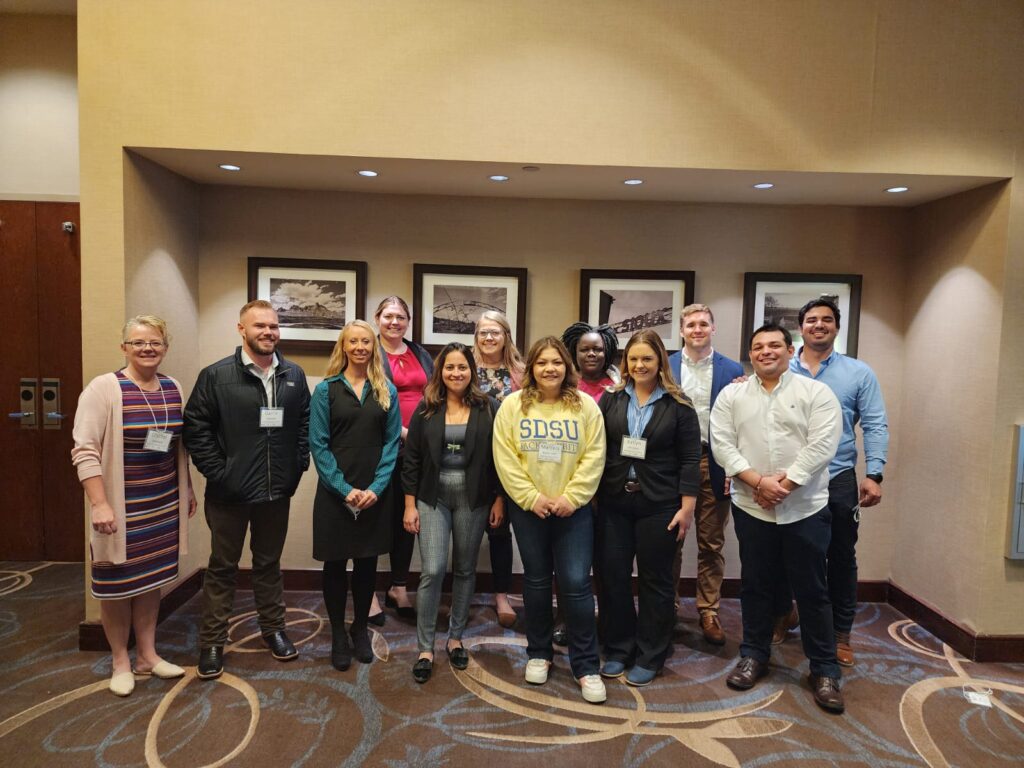Our Program Leaders
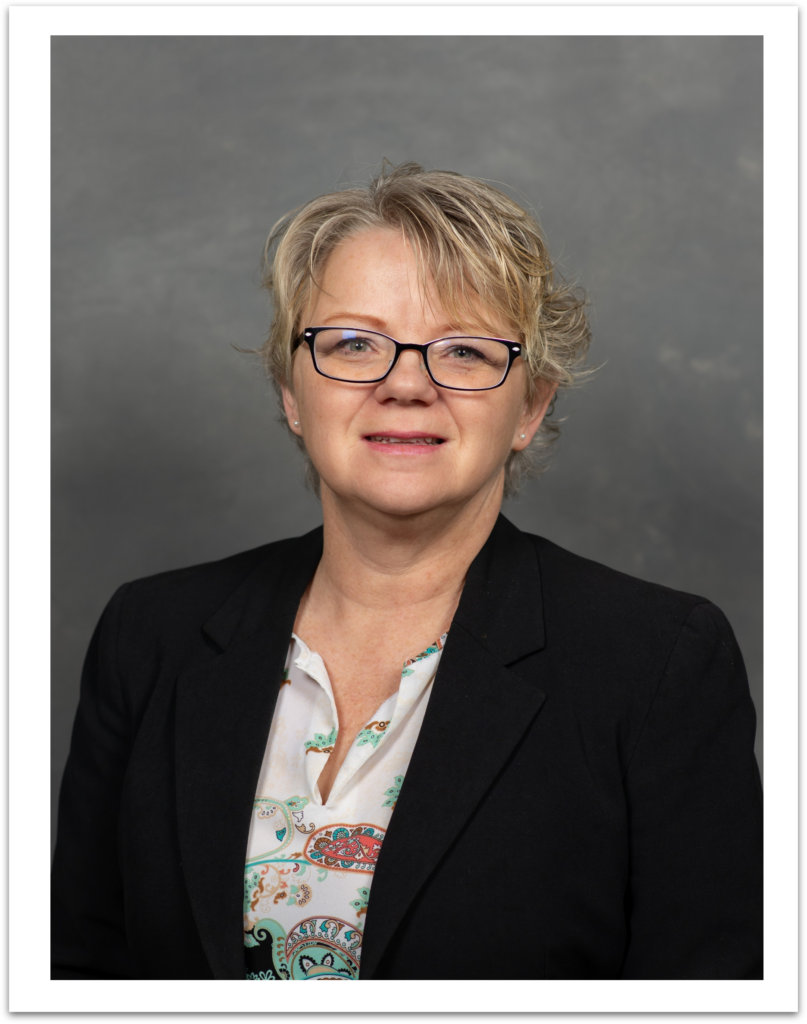
South Dakota State University
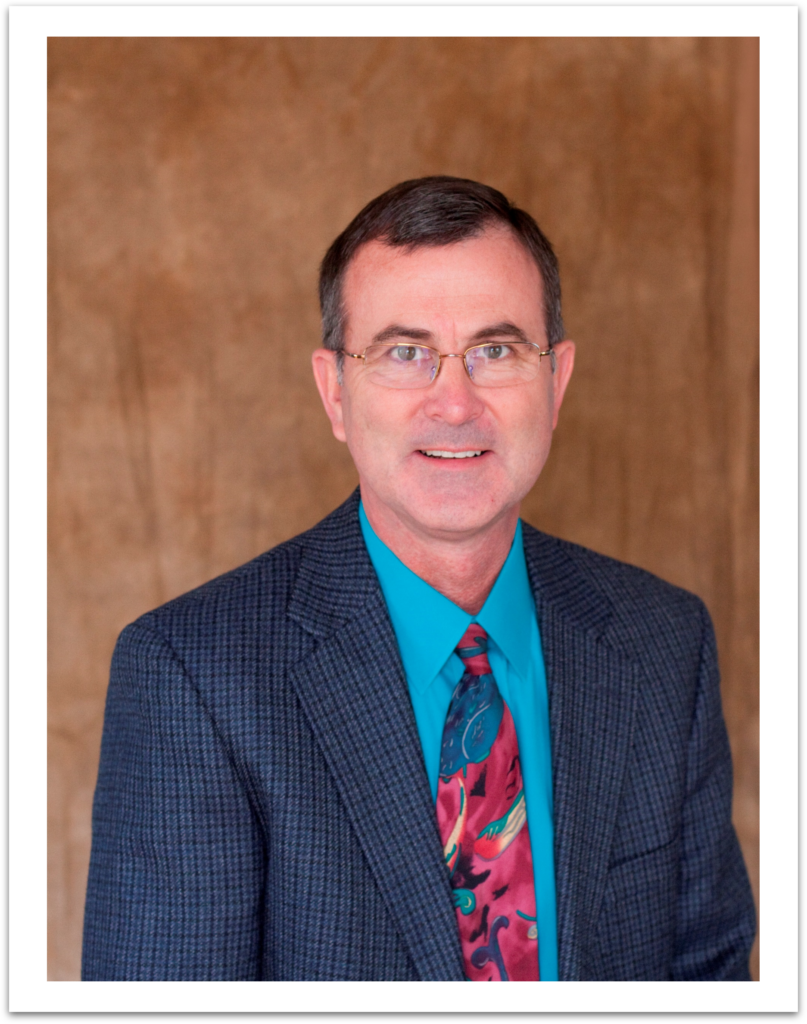
University of Minnesota
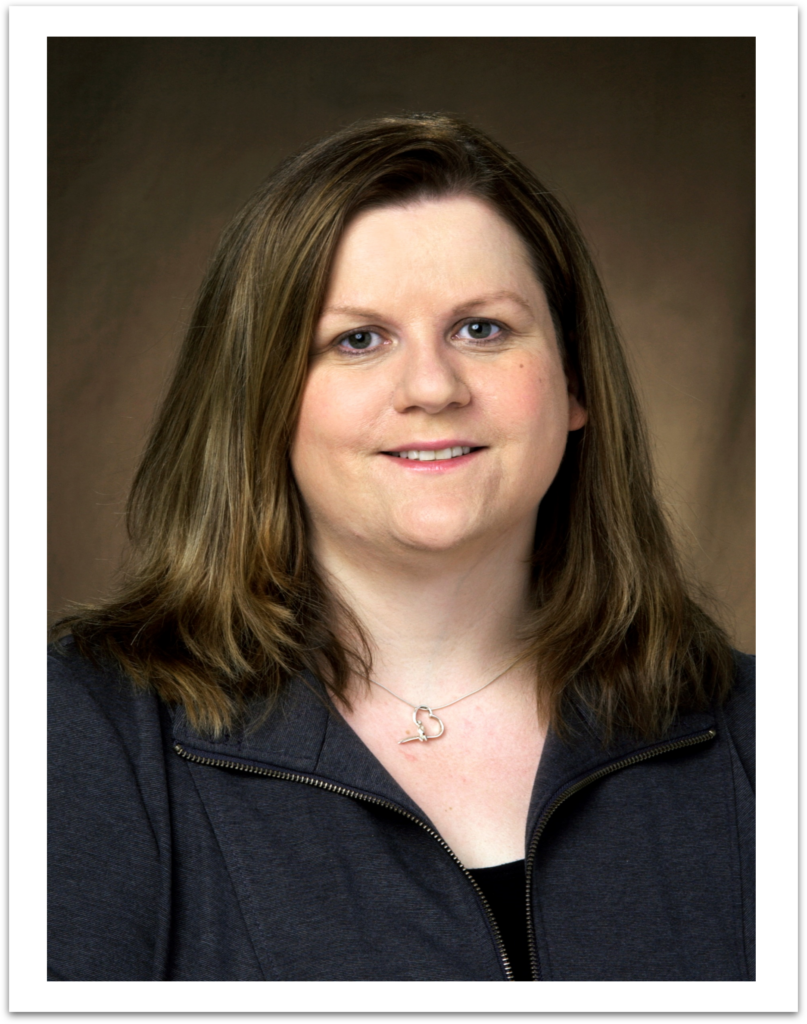
North Dakota State University
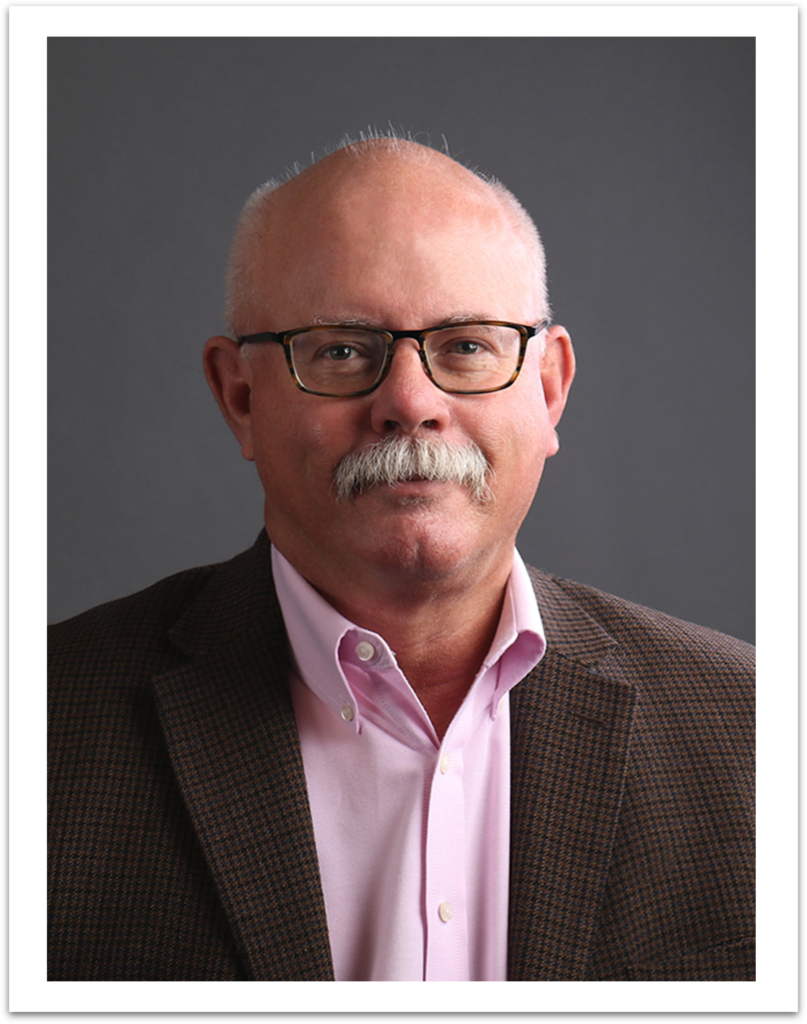
University of Nebraska-Lincoln
Communicating Beyond Science to Scientist Conference: Preparing graduate students for careers in the livestock industry
Graduates of livestock-related graduate and professional programs often lack essential interpersonal communication skills and practical experience in livestock production systems, making them ill-prepared for careers in the allied industry. This deficiency in communication skills is particularly concerning given the importance of effective communication in the 21st century, both within the agriculture industry and with non-agricultural audiences like consumers, policy makers, and the media.
While efforts have been made to incorporate communication training into undergraduate curricula, similar attention is often not given to graduate students, especially regarding their ability to communicate scientific concepts to non-academic audiences. This is a significant shortcoming as these audiences are often vocal and express concerns about modern food production methods, particularly in meat animal production.
To address these concerns, several departments of animal science, along with contributions from the livestock industry, have developed a program called “Communicating Beyond Science to Scientist” for animal science graduate students. This program focuses on enhancing communication skills with non-academic audiences and providing direct exposure to commercial livestock production.
Activities that will equip participant students with the necessary skills to effectively communicate scientific concepts to different audiences include:
- Monthly seminars and discussions with industry experts
- A two-day communication conference in the fall: Day 1: Round table discussions where industry leaders share their perspectives with students and engage them in real-life case studies on various topics related to livestock production. Day 2: Students present their science to a non-academic audience, followed by direct feedback.
In the first 3 years of this program, more than 70 graduate students and 50 industry experts have participated in the monthly seminars and two-day communication conference.
Overall, the program has been successful in preparing future animal scientists for the industry’s demands, but its future depends on continued support from industry partners, as federal education funding (Higher Education Challenge grant #2020-70003-30933, USDA-NIFA) is completed in early 2024.
Organizations interested in contributing to the training of the next generation of animal scientists are encouraged to reach out to program leaders.
Thank you for your interest and support!
